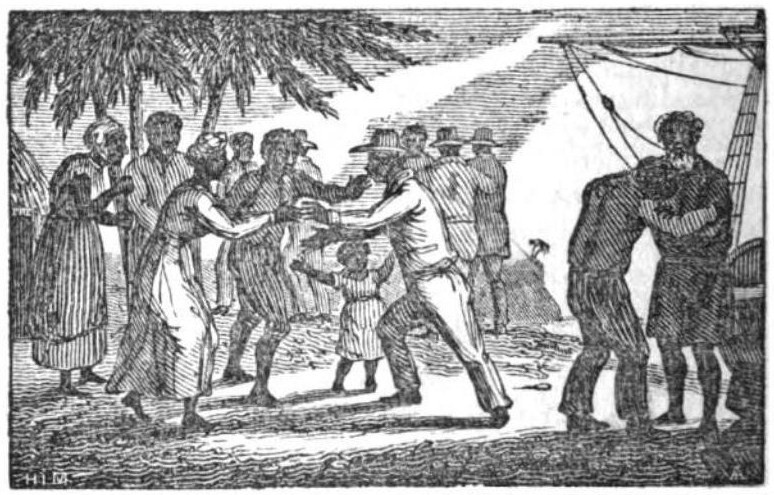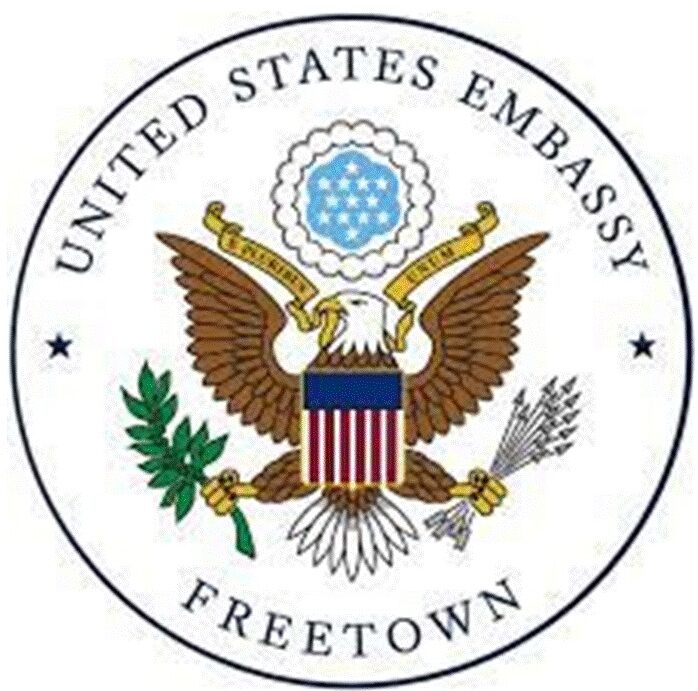Titus Boye-Thompson, London
Whenever issues of Freetown are raised in contemporary politics and discourse, many fail to appreciate the role that the Creoles have played in moulding what is quintessentially a Freetown persona and character. The idea that politics is a game of numbers often confuse those who would happily reject quality for quantity. In the event, the relevance of substance over mere conjecture becomes lost in the consideration of apportionment and progress.
The Creoles are not a tribe and unless this point is fully grasped the entire history of Sierra Leone would have been jettisoned for mediocrity. The anomaly is that while some still consider the Creoles as strangers who came here after slavery to settle, they obviate the fact that the incidence of slavery is in itself by definition an indictment of the black man’s inhumanity to his kin, the progenis of selling off another black man into bondage ensuring that this act will forever be a stain on our collective conscience. The fact remains that the freed slaves who first came here and the recaptives and liberated Africans brought in later are Africans and most if not all of them indigenous to West African coast in any event. So returning them to this province of freedom is a natural relocation yet the continued denial of their rights to exist confounds even the more abhorrent skeptic. So it is incredible to read such diatribe from Sierra Leoneans about their distaste or otherwise objection to the right of the creoles to have a say in the politics of Sierra Leone, to represent their own interests in the office of Mayor of Freetown or even at the Parliament of the Republic of Sierra Leone.
The existence of the Creoles started only when the descendants of these freed slaves were ensconced in Freetown and engaged as one, sharing cultures and traditions they could remember from their original existence and recognize the need to remain together as a group to defend their rights to exist and remain in this place. This very place we now know as Freetown was built around their existence and has been developed through their hard work, determination and grit. When they came here, this place was a collection of mud huts and thatched roofs just as is still in existence in most parts of the outer parts of Sierra Leone, what we called the Provinces. The Creoles conquered and cultivated this land only by their resilience, they lived in very difficult terrain, many forces to venture outwards into the Peninsular for safety and protection from attacks by the people whom they met and many went far out to establish villages first as farmsteads such as Cole Farm, Smart Farm etc and then whole communities of latter settlers established communities such as Waterloo, York etc.
For a start, Freetown became the melting it has now become because the Creoles did not isolate themselves but made a concerted effort to integrate themselves into the cultures of others around them. They extended an olive branch to the indigenous peoples they met and from whom land was originally bought for their settlements from notable hosts such as King Tom, Pa Demba, King Nimbana, King Jimmy etc.
Following on from such engagements, the Creoles fought for the rights of not only themselves but for all black people in this land and were engaged in that battle right up to and beyond the Hut Tax War which saw many of them being killed as Whipping boys of the white man. Their contribution to the independence struggle is legendary with the likes of Lamina Sankoh aligning directly with the “natives” so that his identity was indelibly entrenched with theirs.
With all of this colourful history came the Creole existence and their attachment to Freetown yet the suspicion with which they were held became endorsed in the laws of this land which excluded them from ever owning or acquiring land in any part of this sovereign nation outside the Western Area. It is for this reason that the Creoles were unable to venture out and take with them their own culture and brand of civilization to the outer parts of Sierra Leone beyond the peninsular. Nonetheless, Creole families took in many children of other tribes, educated them and in fact converted most to Creoledom and Christianity.
It is revolting, after all of this supine engagement that those who identify as tribes men in Freetown would now openly question the rights of the Creoles to stand as Mayor of Freetown, knowing full well that the elective office of Mayor of Freetown is the only political office open to them as a people and this is the only office that could seek their interests, protect their lands and their way of life.
While this has never been the law, it is submitted here that this matter be critically examined so that it is made logical and established in our laws in order to secure elective representation for the Creoles in Sierra Leone. Without the seat of Freetown, the Creoles have no secure way of getting into Parliament or the Western Area local Authorities where they generally inhabit.
The talk of questioning the Creoles to be Mayor of Freetown opens up the debate for legislation to allow the Creoles to become elected into any office and settle in any part of Sierra Leone. Some will say this exists currently but they know full well that it can only exist on paper. What chance does an indigene who identifies as part Creole have of becoming a Paramount Chief in Sorogbema?
The Creoles are not the problem in the politics of Sierra Leone. The problems have always come from those with no business on Freetown’s business!











